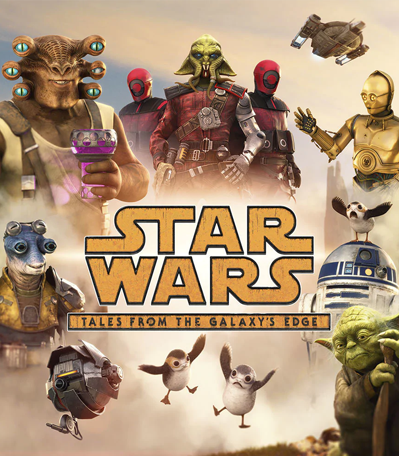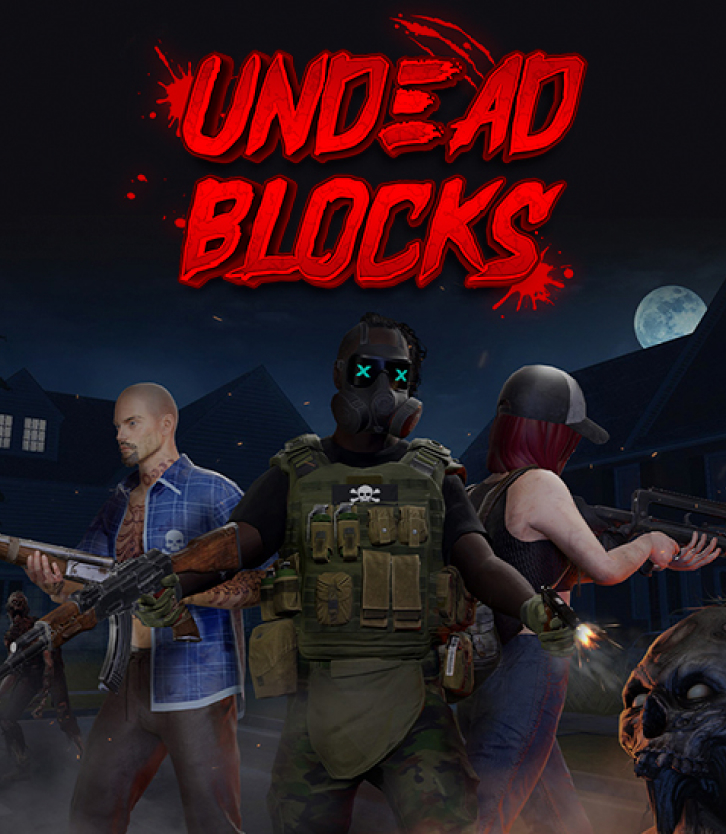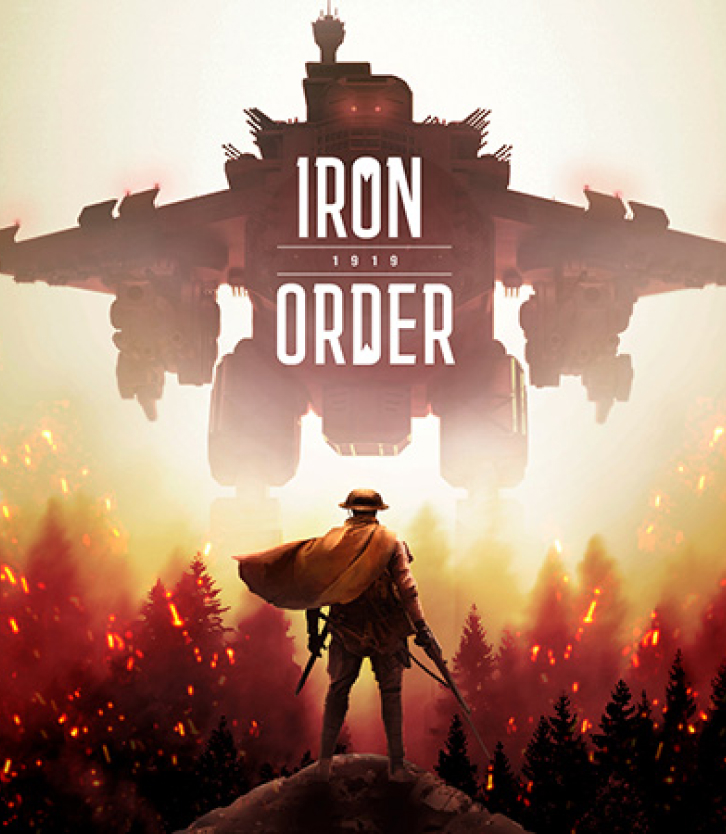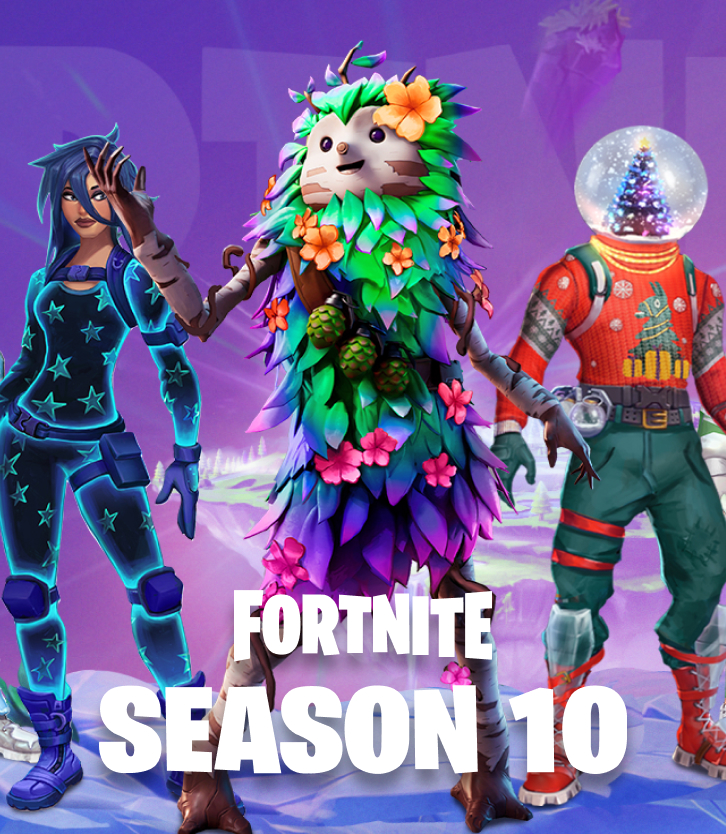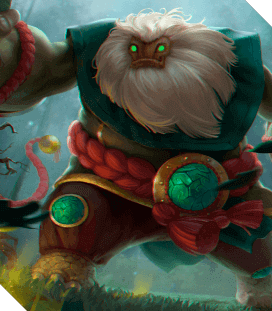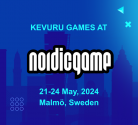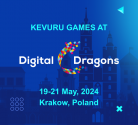Getting into the gaming industry is the dream of many people. In addition to being always relevant, dynamic, alive, and impenetrable to the problems inherent in other areas, this area will become a real paradise for those who love games. Turning a hobby into a job is probably the best thing that can happen in your career.
If you just scratch the surface of the topic of the prospects for working with games, you can fall into a lot of delusions. One of the most ambitious is the legendary game design vs game development opposition. Many tend to equate these roles. But most likely you have already guessed that we are not going to confirm such a hypothesis.
Game designer vs game developer is a pair of specialists who are not divided so that generalists happily merge them together. The difference between game design and game development in the first place is that these people have a different mindset.
If the designers are responsible for the creative side, then the developers are the gurus of the codes and the technical basis of the game.
But this is just the beginning – our story about game design vs development is only gaining momentum. Join us and get a clear answer to your long-standing question about the difference between game design and development without bluntness and vague wording.
Gaming Industry 2024. Replenishment in Ranks of Players
Games not only did not suffer during the pandemic that overshadowed the entire 2020, but also significantly succeeded, got stronger, and received a powerful impetus for further development. They continued to develop in 2022. So if we don’t know exactly what 2023 will be like in terms of cracking down on totalitarian countries stuck in the Middle Ages, then we are absolutely confident in the brilliant prospects for the gaming industry.
3.198 billion active players in 2022 is a testament to the power of the gaming industry. By 2023, their number was expected to increase to 3.328 billion. This is in addition to the fact that the total population of the Earth is 7.8 billion.
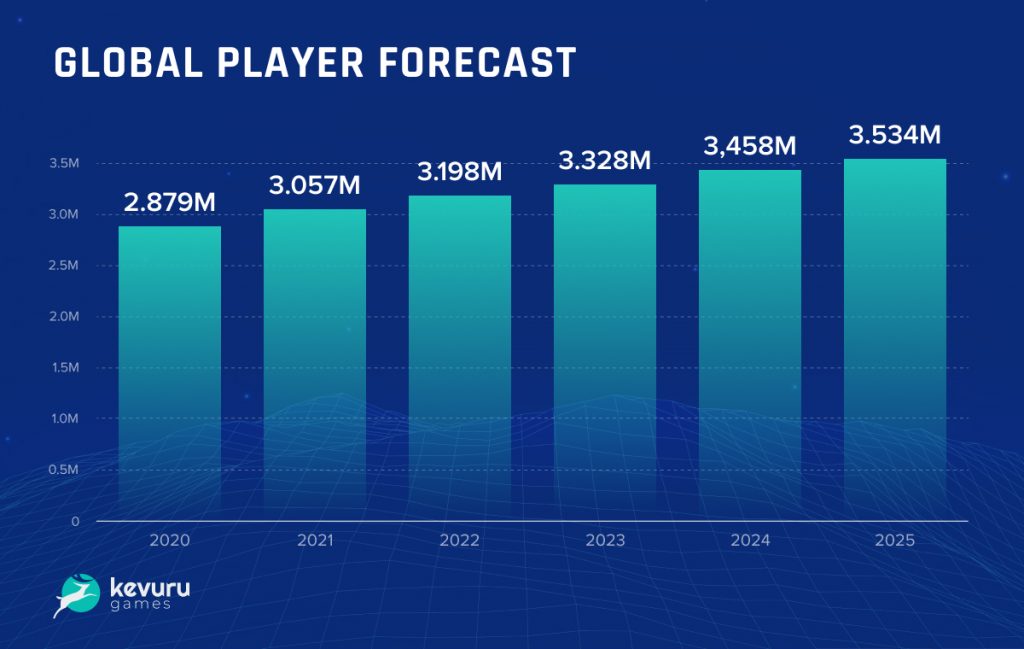
| Year | Players | Annual growth | Annual growth, % |
| 2020 | 2.879 billion | +170 million | ↑ 6.44% |
| 2021 | 3.057 billion | +150 million | ↑ 5.34% |
| 2022 | 3.198 billion | +130 million | ↑ 4.39% |
| 2023 | 3.328 billion | +130 million | ↑ 4.21% |
| 2024 | 3.458 billion | +100 million | ↑ 3.11% |
The most active gaming part of the world is Asia – more than half of all players in the world live here. This is followed by Europe, the Middle East and Africa, Latin America, and North America.
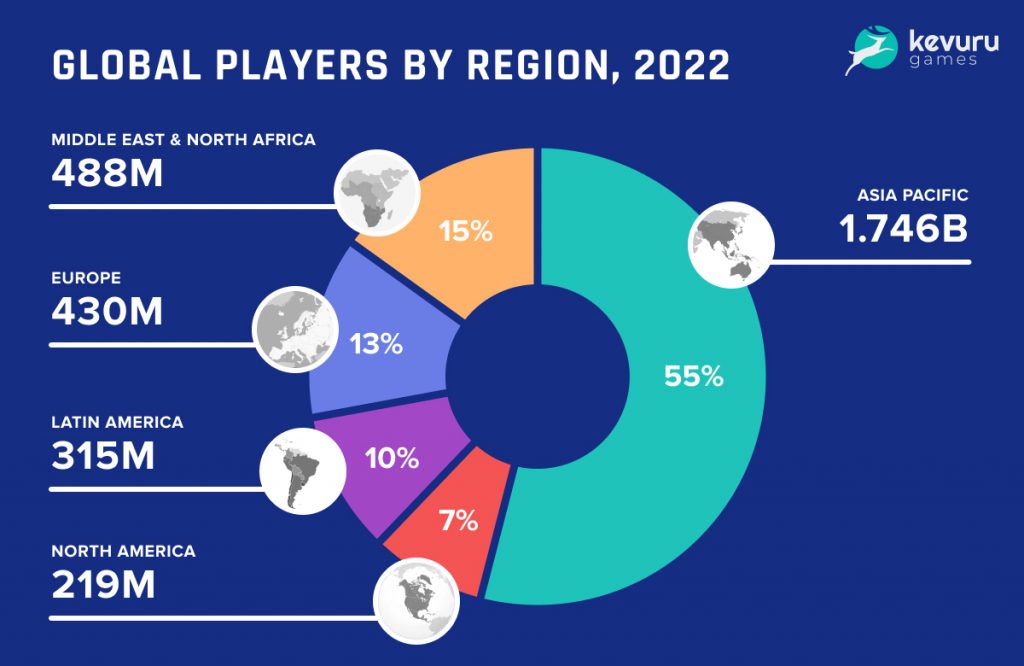
It is easy to guess that with such a ballooning of the sphere, the need for qualified specialists has increased significantly. The ability to work remotely from anywhere in the city, country, or even the planet (a moment of humor) completely unties the hands and everyone who feels the creative impulse to burst into the colorful world of games. And the most important thing to understand is in what role you are going to do it.
Game designer vs game programmer – it’s time to unmask, ladies and gentlemen.
What is Game Designing?
Game design doesn’t start out of nowhere. In the beginning, it involves drawing up a document with all the details about the future game. This is the same preparatory analytical stage that many find terribly boring. Game designers discuss the following issues:
- the target audience;
- genre;
- main plot;
- alternative scenarios;
- maps;
- levels;
- characters;
- game process;
- user interface;
- rules and restrictions;
- the primary and secondary goals, etc
Without this information, further work on the game is impossible. Once a concept is chosen, game designers work closely with artists and developers to ensure that the overall picture of the game is harmonized and that the implementation matches the original ideas.
Designers can be divided into teams, each of which is responsible for a different aspect of the game.
- One might focus on the appearance of the levels and the placement of items and objects.
- Another is thinking about the evolution of characters and balanced improvement of their skills as they progress through the scenario.
- Another designer is fully immersed in the game economy and ensures the balance of game resources.
- Also, don’t forget about writing dialogues, which are often key points for many games. They can be handled by both game designers and individual specialists called narrative designers.
Correctly adjusted work of a game designer is the foundation of all further work since it is from their concepts that other specialists will build on when working on their tasks. Designers see the big picture of the game and understand what the players want from it. They know what should happen from the moment a person turns on the game until the moment when the final video plays.
Dive Deeper:
✔ Game Designers Backstage: Rates, Mistakes, and Victory Conditions [+ Detailed Game Design Document Template]
What is Game Development?
The development includes all technical aspects of the game. Based on the concept created by the designer, the developer writes code, programs, works on the implementation of sound effects and artistic elements, and takes into account all possible technical limitations. If the team does not have individual specialists responsible for quality assurance, then the developers take on the testing tasks.
The developer’s task is to fit all the ideas, ideas, and layouts of the designer into the code. Without a developer, all this will remain just drawings. All the nuances of the possibility of alternative movements in the game world, the results of interaction with objects, game mechanics, and in general everything that makes the game playable must be taken into account.
Development is a very complex and responsible task. This is where the difference between game design and development is particularly visible. The designer thinks through the game and its concept, and the developer provides the embodiment of all this:
- loading and displaying the gaming environment;
- taking into account the laws of physics that will be relevant in the game and their impact on the gameplay at every moment;
- creating the user interface, menus, and heads-up display;
- development of artificial intelligence of opponents and non-player characters;
- guaranteeing the correct reaction of the game to the actions of players from their controller;
- providing networking opportunities allowing people to play online, etc.
With so-called game engines, developers don’t have to write code from scratch. An engine is the underlying software of a game that can be used as the basis for the development of many different games without significant changes.
Large studios like EA, Rockstar, and Microsoft use their own custom engines. Smaller companies successfully rely on open source options. The most popular options right now are Unity and Unreal Engine. We work with these engines during game development at Kevuru Games.
Dive Deeper:
✔ Best Game Engines of 2022: Pros, Cons, and Top Picks for Different Types of Games
So What Is the Difference Between Game Design and Game Development?
You’ve probably already figured out that the difference between game designer and game developer lies in goal setting and functions.
| Game designer | Game developer | |
| The goal of the designer is to create a complete picture of the game and write down all the necessary information about it so that other specialists can assign to their duties. Designers are called thinkers, dreamers, and visionaries – all this reflects well their functionality. | The goal of the programmer is to fit all the concepts into the code, taking into account the technical capabilities and limitations of the chosen game engine. Developers specialize in translating ideas into reality – they give players the playable product the designer intended. | |
| Curriculum | ||
| Emphasizes creative mindset, storytelling, and player experience. Focuses on conceptualizing game mechanics, level design, and narrative structure. The curriculum may include game theory, narrative design, prototyping, and user experience (UX) design courses. | Centers on technical skills and programming proficiency. Involves learning programming languages, game engines, and software development methodologies. The curriculum may include courses in computer science, graphics programming, game engines (e.g., Unity, Unreal Engine), and software engineering. | |
| Skills | ||
| Creative thinking and storytelling abilities. Understanding of player psychology and game mechanics. Proficiency in prototyping tools and game design software. Strong communication and collaboration skills. | Proficiency in programming languages such as C++, C#, or JavaScript. Knowledge of game engines and development frameworks. Problem-solving and debugging skills. Familiarity with version control systems and software development best practices. | |
| Qualifications | ||
| Bachelor’s degree in game design, interactive media, or a related field. Portfolio showcasing game design concepts, prototypes, and projects. Additional certifications or specialized training in game design principles may be beneficial. | Bachelor’s degree in computer science, software engineering, or a related discipline. Strong programming skills and proficiency in relevant programming languages. Experience with game development tools and technologies. Certifications in specific programming languages or game engines may enhance credentials. | |
| Careers | ||
| Career paths include game designer, level designer, narrative designer, and UX/UI designer. Opportunities exist in game development studios, indie game development, mobile app development, and interactive media agencies. | Career paths encompass game programmer, graphics programmer, gameplay programmer, and technical director. Opportunities exist in game studios, software development companies, technology firms, and entertainment industries. | |
| Job Roles and Responsibilities | ||
| Responsible for conceptualizing game mechanics, designing levels, and creating engaging player experiences. Narrative Designer: Focuses on crafting storylines, character development, and dialogue. UX/UI Designer: Designs user interfaces, menus, and interactive elements to enhance player engagement. | Implements game mechanics, AI systems, and gameplay features using programming languages and game engines. Graphics Programmer: Optimizes rendering pipelines, implements visual effects, and enhances graphical fidelity. Gameplay Programmer: Focuses on player interaction, controls, and mechanics implementation. | |
| Salary | ||
| A game designer is also a highly paid job. These experts must have a flair for game trends and understand the players’ desires and expectations. The success of the project largely depends on their ideas, concepts and positioning of the future game. | As a highly skilled technical profession, the game developer receives a good competitive salary, which can sometimes be the highest compared to other professionals in other gaming areas of the same level. |
The actual salary can vary greatly depending on the expert’s specialization, company location, years of experience, and many other factors. Here are some average annual salaries of specialists in different regions.
| Country | Game developer | Game designer |
| US | $115,000 | $90,270 |
| Canada | $82,502 | $75,000 |
| Germany | $60,164 | $50,100 |
| UK | $46,746 | $40,700 |
| Ukraine | $34,500 | $30,500 |
Rate information is taken from the career platforms CareerExplorer and PayScale
We repeat – thinking about whether game design or game development would be the best choice, you should first of all pay attention not to salary, but to inclinations and interests. It will be more interesting for a creative person to think about game worlds and twist plot twists, while a person with a mathematical mindset will prefer a logical and rational space of codes and scripts.
Regardless of which role you choose from a pair of a game developer vs game designer, know that the prospects for this industry are huge, but the competition is also not weak. Prepare for your initiation into game tamers fundamentally and well in advance. Remember that a good understanding of entertainment products and the specifics of working with them can be a decisive advantage for you.
Design and development go hand in hand and are impossible without each other. Game designer vs game developer is not a confrontation, but a fruitful collaboration. Therefore, the best scenario for any gaming company is well-established communication between departments and an integrated approach to game creation.
The Closing Speech
We hope that the difference between the two important and responsible gaming professions is now clearer to you. In every successful team, there are always those who know how to think through ideas and build them into a harmonious canvas and those who turn these ideas into concrete forms that can be interacted with in a completely immersive way.
At Kevuru Games, we are always guided by the principles of teamwork and transparent communication between departments. Therefore, our game designers and developers work in excellent tandem, ideally delivering projects exactly the way the client wanted them to be. Contact us for advice or assistance in design and development – we will find the perfect embodiment for any of your ideas.

